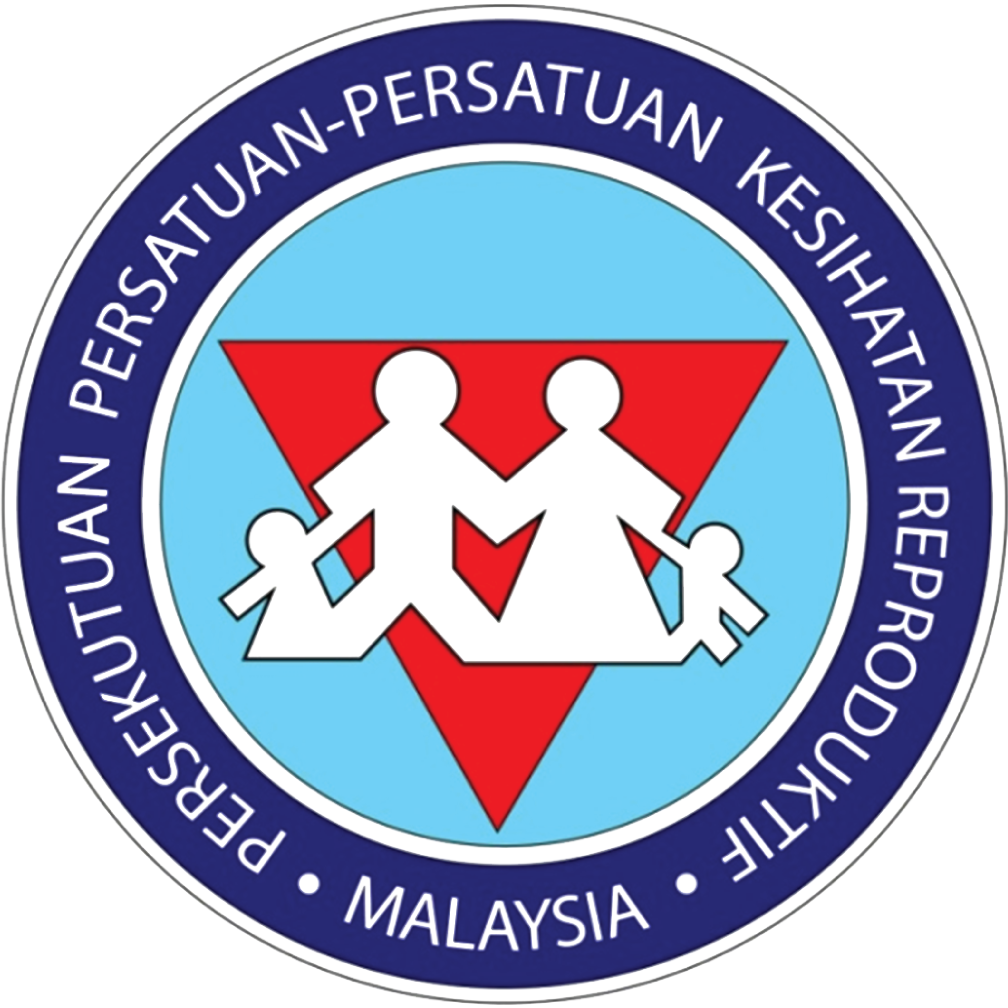(Image Source: AZLINA BT ABDULLAH/The Star)
The president of the Federation of Reproductive Health Associations Malaysia, Dato’ Dr Kamaruzaman Ali has said that government and citizens should ensure there are safety nets for the elderly. He also mentioned the need to provide more elderly-friendly facilities and infrastructures.
As ASEAN’s ageing societies grow, concern extend beyond just the number of aged, to issues such as health, welfare, care and living arrangements.
Environments that allow ease of access and mobility are enabling the elderly to remain in their homes as they age, without the need to relocate. According to the United Nations Economic and Social Commission for Asia and the Pacific (ESCAP) most elderly want to ‘age in place’, which means to have the ability to live independently in their own homes in comfort and safety, regardless of age, income or ability level.
Studies from the World Health Organization (WHO) and the United Nations Population Fund and Help Age International have shown that the concept of ageing in place is not new and the demand for long-term living arrangements around the world is increasing. The WHO also states that community health workers are important to promote healthy ageing in place. Support should also come from the community with accessible facilities, efficient infrastructures and healthcare that assure the wellbeing of the aged.
You can read the full article here.


